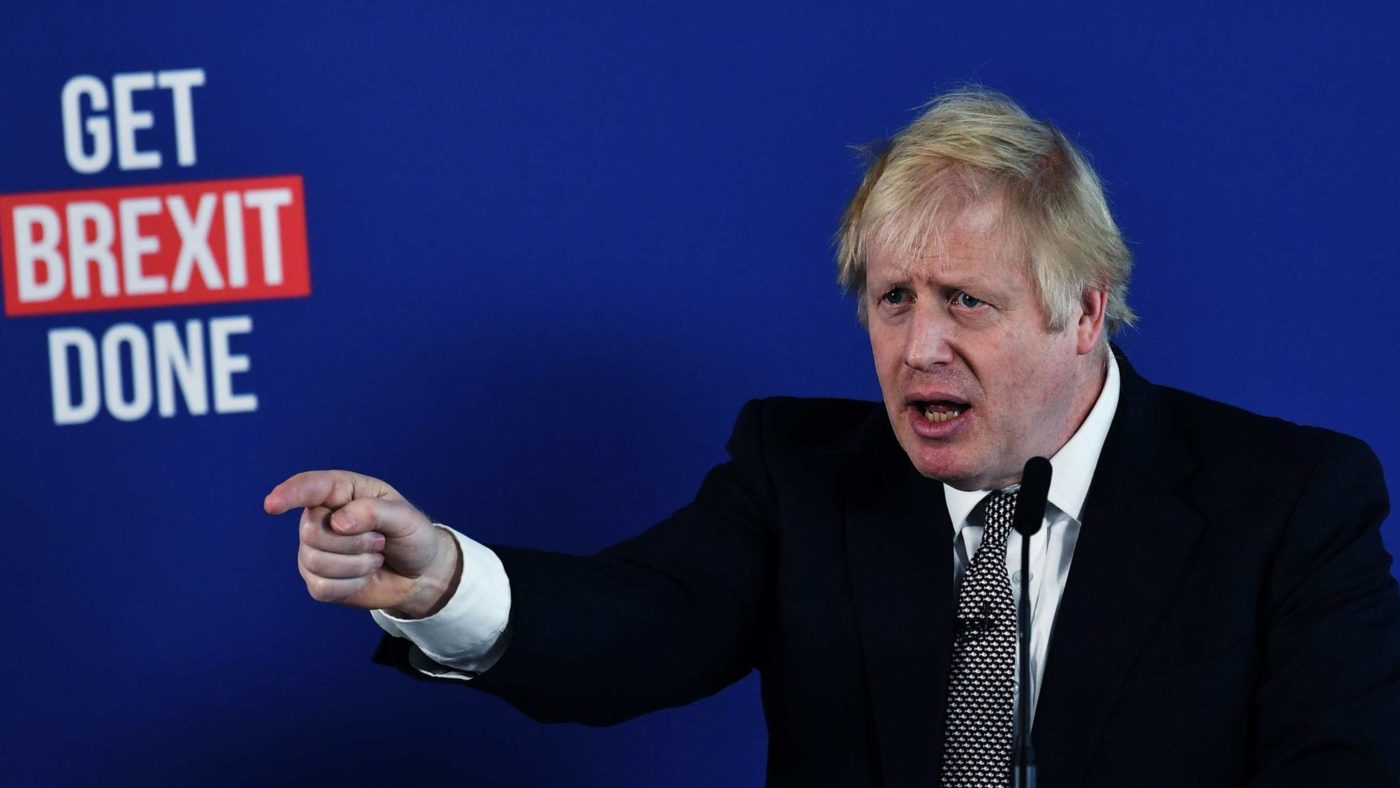“We will back British business by introducing a new state aid regime which makes it faster and easier for the government to intervene to protect jobs when an industry is in trouble.”
Just the sort of crude statism you would expect to see in the Labour manifesto, right?
Unfortunately this was actually an announcement this week from the Conservatives – and not one that was included in their manifesto. It came alongside promises that the state would prioritise local procurement rather than seeking best value, no matter where the supplier is based.
Combined with a new “buy British” policy, it provoked consternation from free marketeers. “Hugely disturbing” was how the Adam Smith institute’s Matthew Lesh described the move. He and other economic liberals are understandably concerned that Boris Johnson seems to be indulging counter-productive protectionism in a bid to secure the votes of Leave voters in the former industrial heartlands.
Part of the reason the plans have caught the eye is that the overall Conservative programme has been so cautious. As Henry Hill points out on this week’s CapX podcast, the guiding principle of the 2019 manifesto has been ‘if in doubt, leave it out’.
What remains is a series of electorally canny but fundamentally transactional offers to voters – an end to hospital car parking charges, more money for potholes – with Boris Johnson’s personal ebullience acting as the optimistic cherry on the cake.
But is there really so much to be worried about here? What we’ve heard so far is fairly vague – who exactly is to judge when an industry is ‘in trouble’? The briefing note accompanying the announcement talks about drawing up rules “in full consultation with British business”.
Equally, making it “faster and easier” for the government to do something does not mean the government will actually do it. In that sense, it is more a sign of potential willingness than a plan of action. Especially since, if Britain wants a tariff-free trade deal with the EU, then any changes to our state aid regime will likely have to be strictly limited.
So why bother with this policy? Above all, the proposals are a signal to voters in Brexit-leaning seats in the Midlands and North that a Conservative government is prepared to look after them if their area needs a bit of help.
In that sense it’s designed to represent a break, not just with the obligations of EU membership, but also, implicitly, with the laissez-faire approach of the Thatcher years, the memory of which has been such a barrier to Tory progress in some parts of the country. Britain is going to change, Johnson is saying, and so will the Conservatives.
The extent to which he will follow through on that promise is a question not just about the future direction of the Conservative Party, but what kind of country Brexit Britain will end up being.
Click here to subscribe to our daily briefing – the best pieces from CapX and across the web.
CapX depends on the generosity of its readers. If you value what we do, please consider making a donation.


